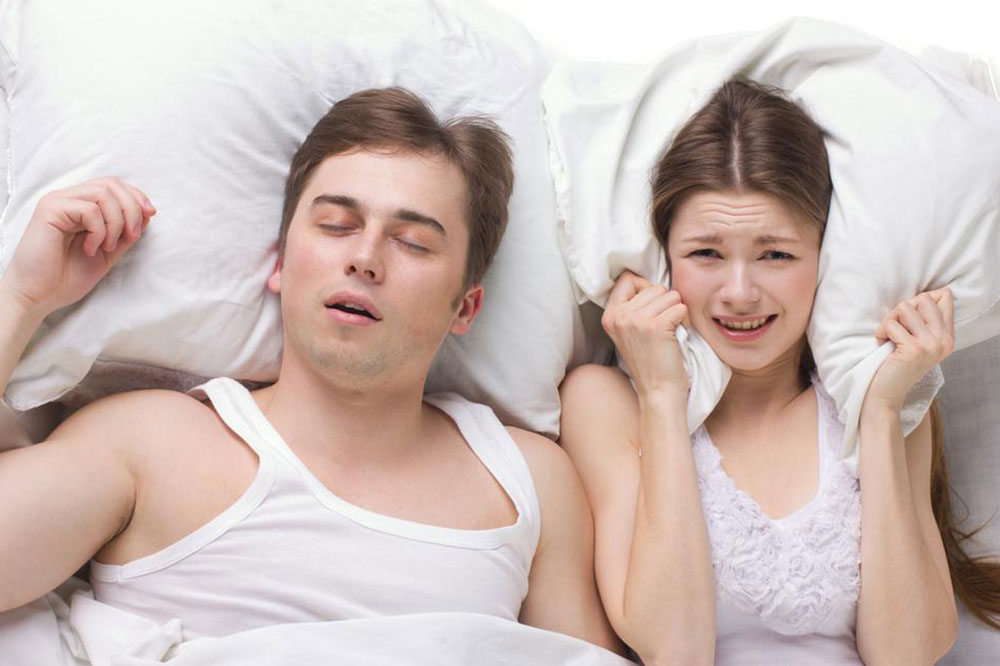
Signs and Symptoms of Sleep Apnea
Sleep apnea is considered as a common sleep disorder where one’s breathing is interrupted several times during sleep. Although considered common, it could potentially lead to serious health complications if left unattended. According to a study by an institute, approximately 18 million citizens have sleep apnea but sadly only 20% of them have been diagnosed and treated.
Who can get affected by sleep apnea?
Sleep apnea could affect adults, children and toddlers alike. However, some of the identifying signs and symptoms of sleep apnea could vary based on the age group.
What are the potential risks if left untreated?
Sleep apnea contributes to type 2 diabetes and also heart disease with an increased risk of heart attack and stroke. Sleep apnea also increased the chances of hypertension – high blood pressure.
Besides the above medical complications, there is also the risk of metabolic issues, impaired cognition combined with the difficulty in focusing, increased risk of motor vehicle accidents due to lack of sleep, decreased quality of life, among others.
What are the early signs and symptoms of sleep apnea?
It is crucial that you carefully pay attention to the following symptoms:
- Loud snoring
Either you or your partner notices that you have been snoring loudly and this has been pretty much consistently and not as a one-off incident. - Shortness of breath
You find yourself suddenly waking up abruptly due to shortness of breath. In addition, you also wake up choking or gasping for breath. - Lack of sleep
The quality of sleep is largely disturbed not just because of shortness of breath but also due to the fact that you end up using the bathroom frequently. You also find yourself having headaches the next morning. - Mouth and throat dryness
Due to snoring, shortness and gasping of breath are generally experienced. Due to which, you often have dryness in the mouth and throat. - Insomnia
You find it extremely difficult to sleep at night and end up sleeping during the day time (hypersomnia). - Mood swings
You are experiencing volatile moods and irritable most of the time. - Obesity
The risk of sleep apnea is multifold if you are overweight or obese. - Erratic lifestyle
Indulging in excess alcohol consumption and smoking tobacco also causes sleep apnea. Research has shown that smokers are three times more likely to have a type of sleep apnea called obstructive sleep apnea than those who have never smoked. Alcohol and other sedatives tend to relax the muscles in the throat which only further aggravates the risk of sleep apnea. - Sexual dysfunction
Decreased interest in sex is also considered as an early sign and symptom of sleep apnea. - Menopause
Women who are near the age of menopause or have just gone through the menopause stage have reported signs of sleep apnea in addition to the hot flushes. - Family history
One cannot neglect family history in the diagnosing process.
In addition to the above, those with sleep apnea find it very difficult to focus on anything for a continuous period of time.


